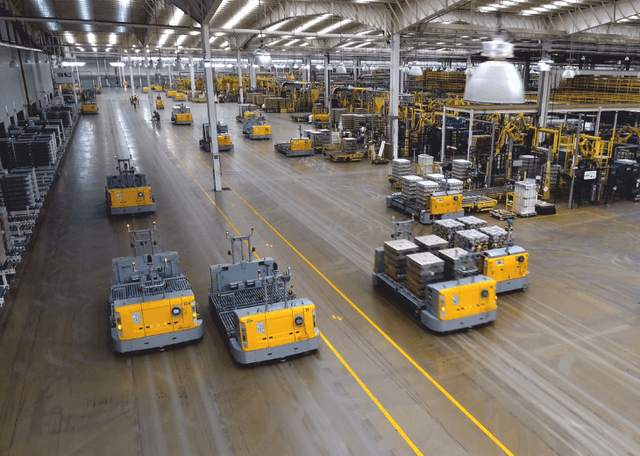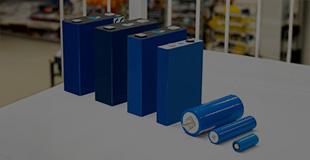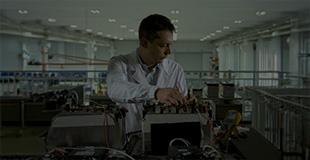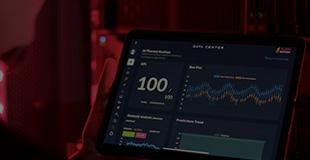Speeding up battery tests in Europe: the role of the digital twin in the THOR European project
7 August 2024

From the industrial to the automotive sector right up to next-gen wearable medical devices: there are many areas of application where the electric transition, led by batteries, is shaping the future of the market. The development of these technologies requires a high degree of technological progress which, at European level, means the implementation of shared projects, consortia and synergies between public and private sectors, promoted by the European Union through specific funds and instruments.
The THOR European project, as part of the European Union’s framework programme for research and innovation known as Horizon Europe, fits into this context of cooperation, with the goal of making the European value chain for batteries quicker and more streamlined, encouraging innovation which is all too often hampered by expensive and time-consuming test protocols that slow down the release of next-gen batteries onto the market.
“As part of the THOR project, we offer our expertise for an ambitious goal: to improve efficiency, reduce costs, enhance safety and promote sustainability in the European battery industry by developing cutting-edge methodologies. We are very proud to be leading the way working on the future developments of the European battery supply chain and not just looking on as mere spectators, while working with the main players in the sector, from the academic world to industry. This is also part of our constant commitment to encourage research, while supporting academic progress. In 2025, we will have the priceless opportunity to host the project’s General Assembly at our HQ. This will allow us to offer the entire consortium the technologies and expertise we invest in every day.”





















